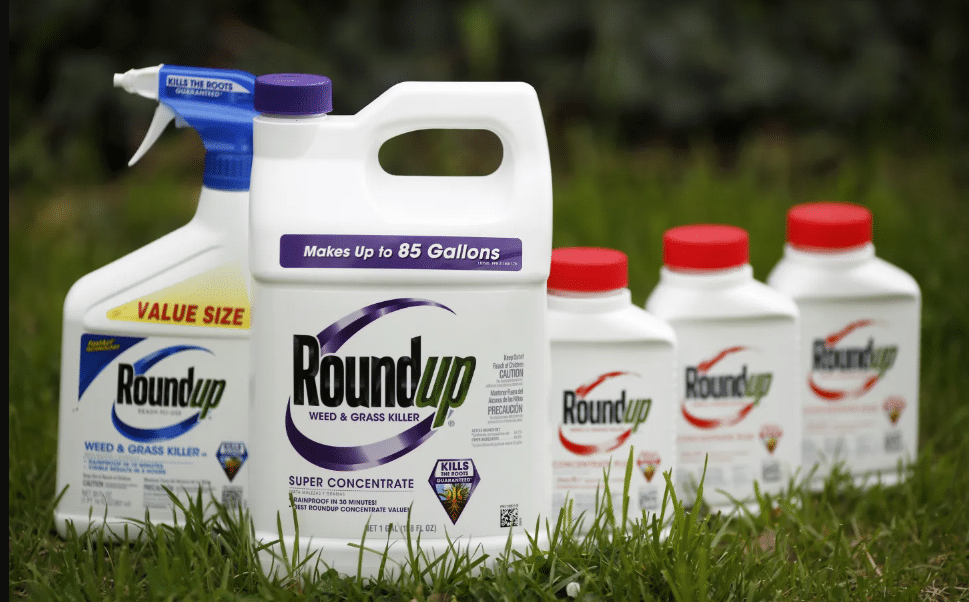Roundup Lawsuit Support for Potential Health Concerns.
Roundup, a widely-used herbicide, has gained significant popularity in both commercial and private applications. However, concerns have arisen in recent years, with numerous lawsuits filed against the manufacturer of Roundup. These legal cases claim that the formula, which includes glyphosate as its primary ingredient, may have carcinogenic properties, potentially leading to the development of cancer.

Understanding Roundup: Herbicide Containing Glyphosate
Roundup, a widely-used herbicide, has gained significant popularity in both commercial and private applications. However, concerns have arisen in recent years, with numerous lawsuits filed against the manufacturer of Roundup. These legal cases claim that the formula, which includes glyphosate as its primary ingredient, may have carcinogenic properties, potentially leading to the development of cancer.
Glyphosate: The Active Ingredient
Glyphosate is the key component in Roundup, combined with other substances to improve its effectiveness in plant absorption. This pesticide has been registered in the US since 1974 and is among the most popular products of its kind.
Cancer Concerns and Legal Cases
The EPA’s studies indicate no significant health risks associated with glyphosate use, suggesting it is unlikely to be a human carcinogen. However, the International Agency for Research on Cancer (IARC) considers glyphosate a potential cancer-causing agent. Notably, lawsuits have emerged where individuals who have used Roundup for extended periods have claimed a connection between their cancer diagnosis and product usage, resulting in successful outcomes for the plaintiffs.
Health Conditions Linked to Roundup Usage
The use of Roundup has been associated with several diseases, with the most prevalent being non-Hodgkin lymphoma (NHL). Additionally, cases of leukemia, B-cell lymphoma (such as mantle cell lymphoma or MCL), and other types of lymphomas have been reported in relation to Roundup exposure. The specific conditions include:
Non-Hodgkin B-cell lymphoma or T-cell lymphoma
Chronic lymphocytic leukemia
Hairy cell lymphoma
Mantle cell lymphoma
Notable Roundup Lawsuit Examples
While many Roundup lawsuits have been settled outside of court, there have been some significant cases that went to trial and resulted in favorable outcomes for the plaintiffs. Here are a few noteworthy examples:
Gardner’s Case: A gardener who regularly used Roundup for an extended period proved in court that repeated exposure to glyphosate was the cause of their cancer. Although the jury did not directly link Roundup use to the cancer, they found that the manufacturer, Monsanto/Bayer, failed to disclose the risks. The plaintiff was awarded nearly $300 million in damages.
Long-term User’s Case: Another individual who used Roundup for over 30 years successfully demonstrated injuries caused by pesticide use and was awarded $86.7 million in court.
Garden User’s Case: A person who used Roundup in their garden for two decades developed non-Hodgkin’s lymphoma. They received punitive damages totaling $20 million.
However, it is important to note that Bayer has also won some cases, such as a lawsuit involving a child with Burkitt’s lymphoma, where a connection to Roundup use could not be proven.
Qualifying for a Roundup Lawsuit
To file a lawsuit against the manufacturer of Roundup, Bayer, certain criteria must be met. These include demonstrating prolonged use of Roundup and receiving a subsequent cancer diagnosis, while establishing a connection between the two. It is recommended to consult with a lawyer who can assess your case to determine if you qualify for a lawsuit.
Timing for Lawsuit Filing
Each state has its own statute of limitations for product liability lawsuits, typically ranging from two to four years. It is crucial to take action promptly upon receiving a cancer diagnosis or discovering a potential link between Roundup and your health condition. Time is of the essence. If you believe Roundup has significantly impacted your health, we encourage you to contact us to receive guidance and legal advice for a possible lawsuit against Bayer. Leave your information here, and an expert lawyer from Legal Claim Assistance will reach out to you.



